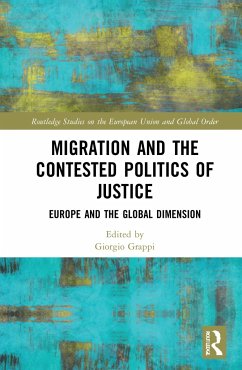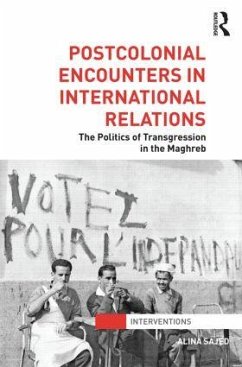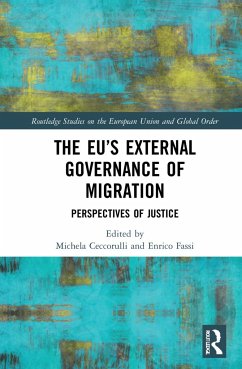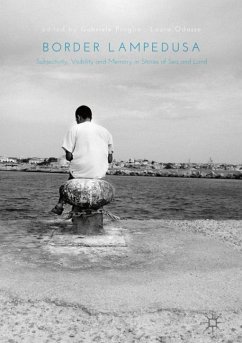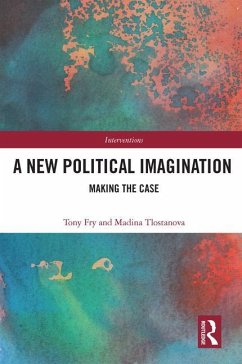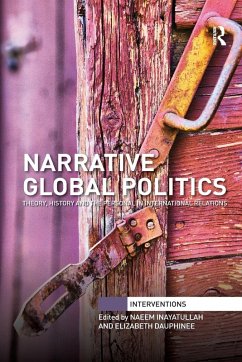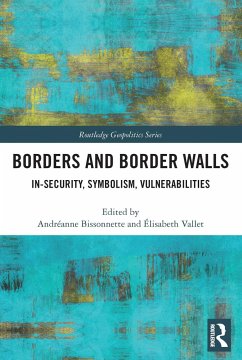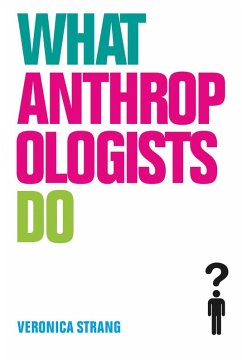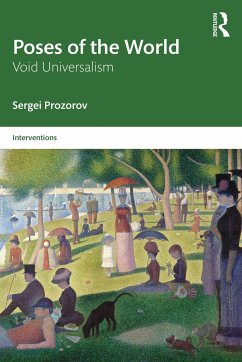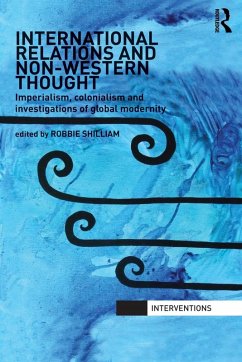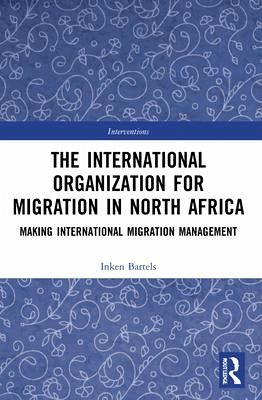
The International Organization for Migration in North Africa
Making International Migration Management
Versandkostenfrei!
Versandfertig in 6-10 Tagen
40,99 €
inkl. MwSt.

PAYBACK Punkte
20 °P sammeln!
This book examines the International Organization for Migration's (IOM) practices of international migration management and studies current transformations of migration governance and the role of international organizations outside Europe.While so-called migration crises in North Africa in 2005 and 2011 made the instability of the increasingly militarized border regime visible, they also created space for new actors and instruments to emerge under the label of international migration management, promising softer forms to control migration outside Europe. Who are these actors, and how do they t...
This book examines the International Organization for Migration's (IOM) practices of international migration management and studies current transformations of migration governance and the role of international organizations outside Europe.
While so-called migration crises in North Africa in 2005 and 2011 made the instability of the increasingly militarized border regime visible, they also created space for new actors and instruments to emerge under the label of international migration management, promising softer forms to control migration outside Europe. Who are these actors, and how do they think and practice migration control without the use of physical force and obvious repression? This book develops an innovative theoretical framework that mobilizes Bourdieu's Theory of Practice to critically investigate the work of the IOM in Morocco and Tunisia between 2005 and 2015. Analyzing its information campaigns, voluntary return programs, and anti-trafficking politics, the book shows how this organization teaches (potential) migrants and North African actors to understand migration as their own problem and its management as their own responsibility.
This book advances our understanding of the complex and ambivalent practices of controlling migration through information, protection and repatriation, and the implications of ubiquitous but underresearched institutions, such as the IOM, in this contested field. It will appeal to postgraduates, researchers, and academics in International Relations Theory, Border and Migration Studies, International Political Sociology, international organizations, and contemporary politics in North Africa.
While so-called migration crises in North Africa in 2005 and 2011 made the instability of the increasingly militarized border regime visible, they also created space for new actors and instruments to emerge under the label of international migration management, promising softer forms to control migration outside Europe. Who are these actors, and how do they think and practice migration control without the use of physical force and obvious repression? This book develops an innovative theoretical framework that mobilizes Bourdieu's Theory of Practice to critically investigate the work of the IOM in Morocco and Tunisia between 2005 and 2015. Analyzing its information campaigns, voluntary return programs, and anti-trafficking politics, the book shows how this organization teaches (potential) migrants and North African actors to understand migration as their own problem and its management as their own responsibility.
This book advances our understanding of the complex and ambivalent practices of controlling migration through information, protection and repatriation, and the implications of ubiquitous but underresearched institutions, such as the IOM, in this contested field. It will appeal to postgraduates, researchers, and academics in International Relations Theory, Border and Migration Studies, International Political Sociology, international organizations, and contemporary politics in North Africa.





